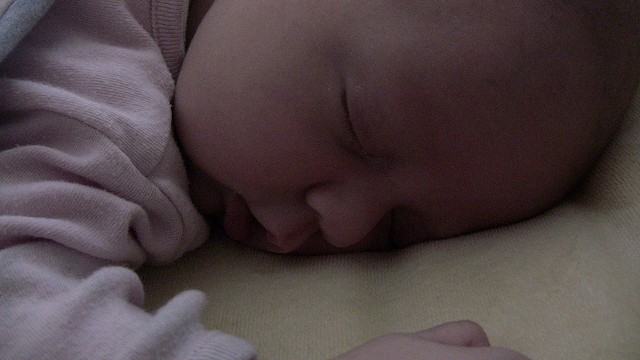You may have read about insurers charging their members higher copays for some drugs than their retail price. You also may have read about medical device companies collecting and selling people’s data without their knowledge. Marshall Allen reports for Pro Publica on the hidden costs of having sleep apnea.
Sleep apnea interrupts your sleep throughout the night. It can cause loud snoring. It keeps you from functioning well during the day. Without treatment, you have an increased likelihood of heart disease, diabetes and cancer.
If you are among the millions of Americans with sleep apnea, a CPAP machine may help you sleep through the night. Continuous Positive Airway Pressure (CPAP) machines are one of a limited number of ways to address sleep apnea, and they work for many patients. So, insurers tend to cover them.
But, CPAP machines turn out to be a hidden profit center for insurers. Some insurers charge you copays to rent a CPAP machine and for needed supplies–filters, hoses and masks–that are more than it would cost to buy them outright.
Moreover, insurers can monitor your sleep through these machines, compromising your privacy. And, if you’re not using the CPAP machine, insurers may deny coverage and require you to pay for them in full. They also may require you to pay out of pocket for all supplies that come with the machine.The machines relay data that allows the insurers to know whether patients are using them as prescribed.
Medicare covers the CPAP but requires you to use the CPAP a minimum of four hours a night for at least 21 nights a month (7 out of ten nights). Doctors must let Medicare know if their patients are complying and whether the machine is working. But, the machine is loud, requires you to use a mask, and takes getting used to, so it is not always easy to comply from the get-go.
Here’s more from Just Care:











It’s been a while, but my PCP thought I might have sleep apnea and sent me to a sleep doctor who set me up for at least two sleep studies. The sleep doctor (actually a Phd, not an Md) insisted that I needed a CPAP. I went through all the tests and processes, while insisting that I didn’t think that Sleep Apnea was my problem. I tried the CPAP and it interfered with my sleep so much that I returned it. Then the Phd decided that I was depressive so I took a test for that. He was wrong there too. We parted ways. There is a simple appliance for sleep apnea that your dentist can provide and it costs a lot less. Might not work for everyone but it’s worth a try.
Here’s an update for Diane Archer concerning CPAP machines – I’ve been using one for about 4 years, and it’s not particularly noisy. I did need to get used to the nosepiece but I have, and my healthcare providers seem happy with my usage (they down-load data from the machine’s removable memory chip at appointments). Medicare paid for my machine, and extra parts for about 2 years, and I think I have enough stuff to last the foreseeable future.